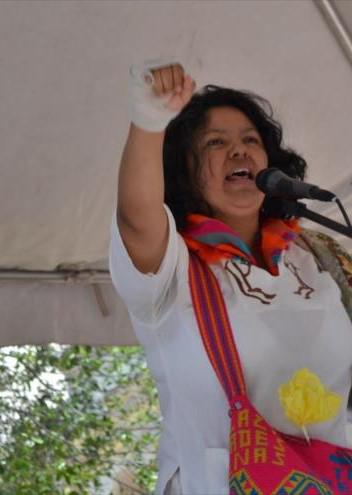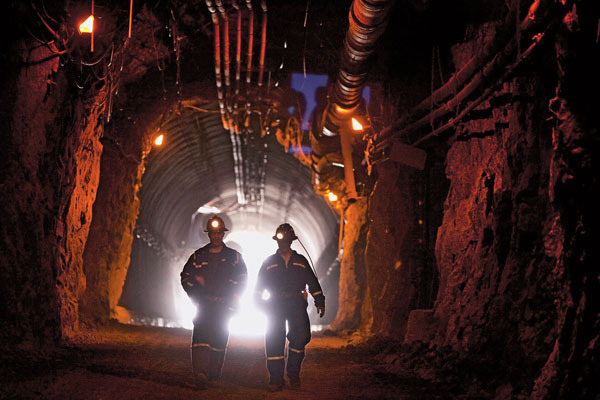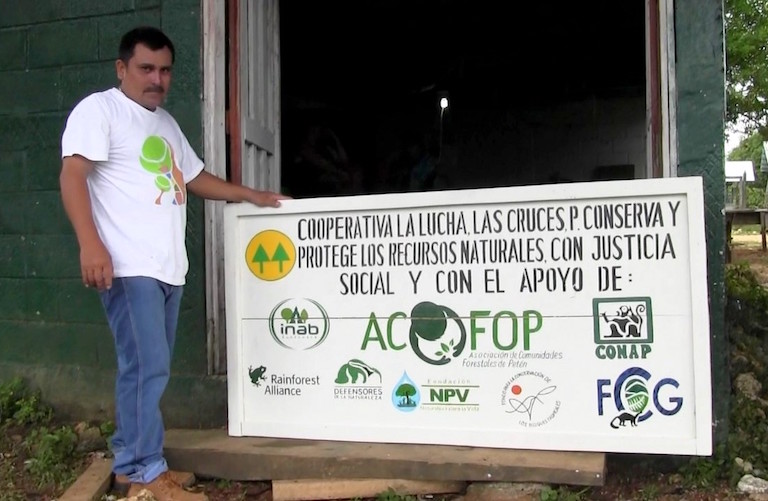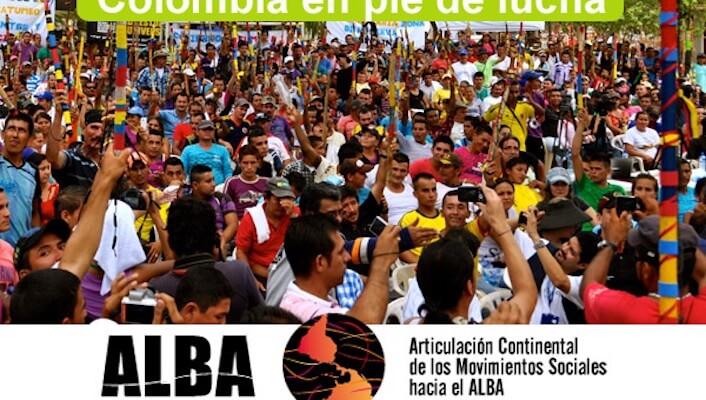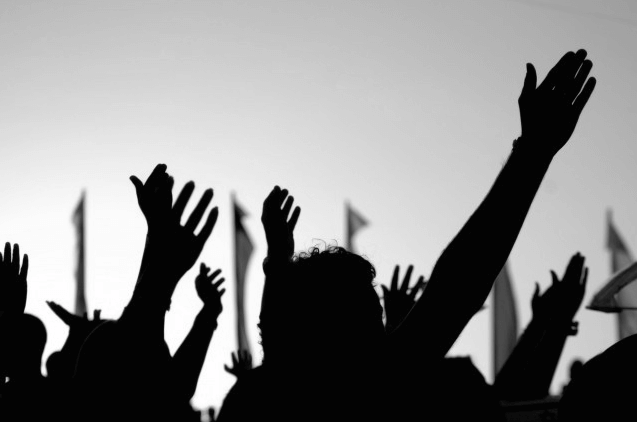EARLY IN THE MORNING on March 3, in La Esperanza, Honduras, unidentified men broke into the home of the environmental activist Berta Cáceres and murdered her. Cáceres was the cofounder of the Civic Council of Popular and Indigenous Movements of Honduras (COPINH) and the 2015 winner of the Goldman Environmental Prize, and her murder has prompted an international outcry as well as investigations supported by the United Nations and the FBI. The Mexican environmental activist Gustavo Castro, who was staying in Cáceres’s home in hopes of deterring violence against her, witnessed the murder and was subsequently detained by Honduran authorities. Amnesty International has warned that Castro, who was shot twice in the attack, is in “grave danger.”
Cáceres’s activism spanned several issues, including indigenous rights, feminism, LGBT rights, and environmentalism, but recently, “more than anything,” her sister Agustina Flores told me, “it was Agua Zarca,” a proposed hydroelectric dam project, which was to be built on the territory of the indigenous Lenca people. Flores, a retired teacher, says that Cáceres had received repeated death threats related to her work. The threats were so serious in recent months that the Inter-American Commission on Human Rights repeatedly called on the Honduran government to provide her with protection. Her sister said that protection was never provided. “We have feared for her life for a long time,” Flores said in a telephone interview, adding that in November, Cáceres told her she was being “seriously harassed” by three local politicians who she believed were acting at the behest of Desarrollos Energéticos, SA (DESA), the private energy company behind the Agua Zarca dam.
DESA is partially controlled by the controversial Honduran Atala family, whose members are involved in a variety of business ventures and suspected by many of having backed the 2009 coup. Best known among them is billionaire Camilo Atala, president of Banco Ficohsa, a regional bank that in 2014 acquired most of Citibank’s assets in the region, making it the largest bank in Honduras.
Read the full article here:
http://world.einnews.com/article/316278048/Tx9W278_r6IZJy47
